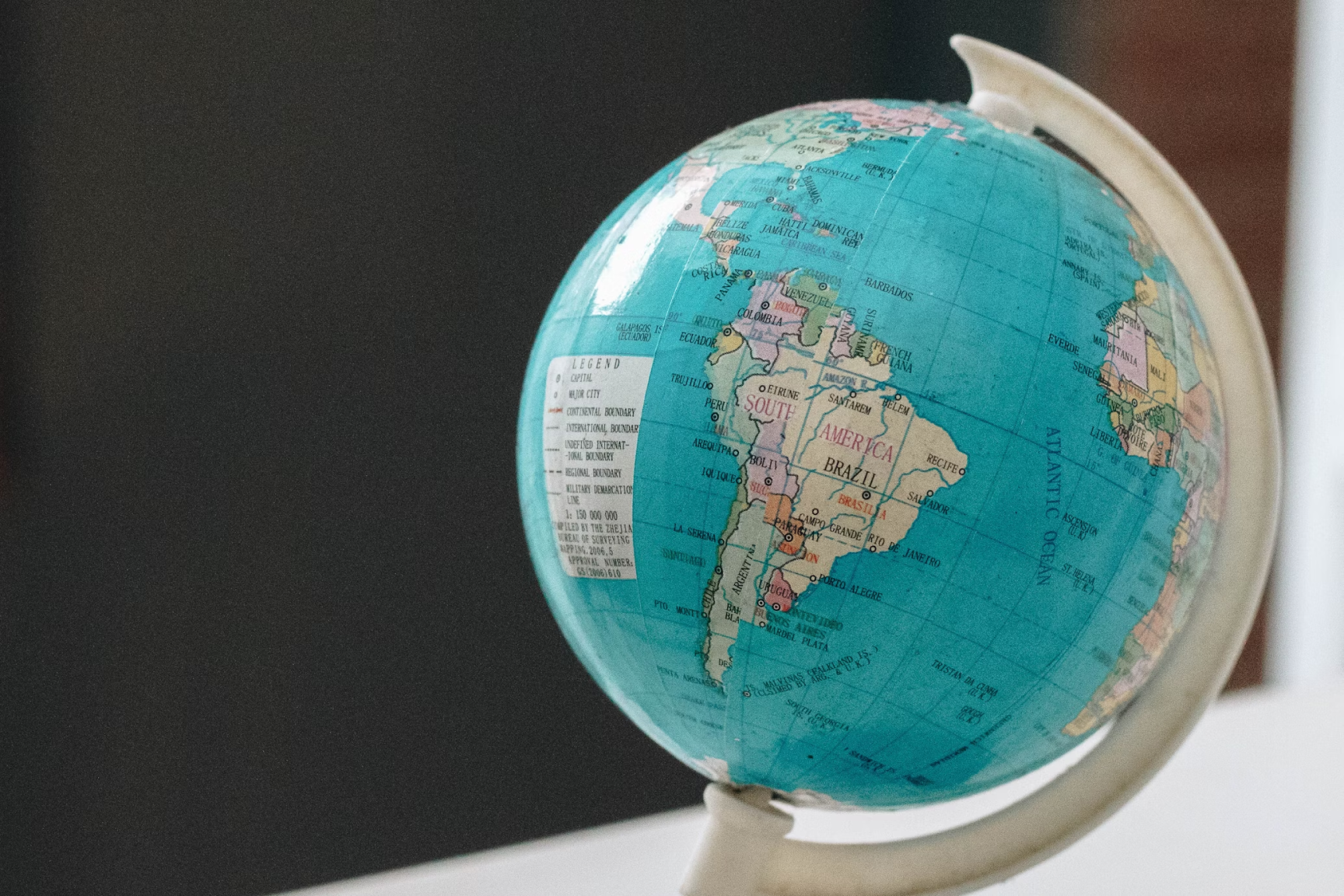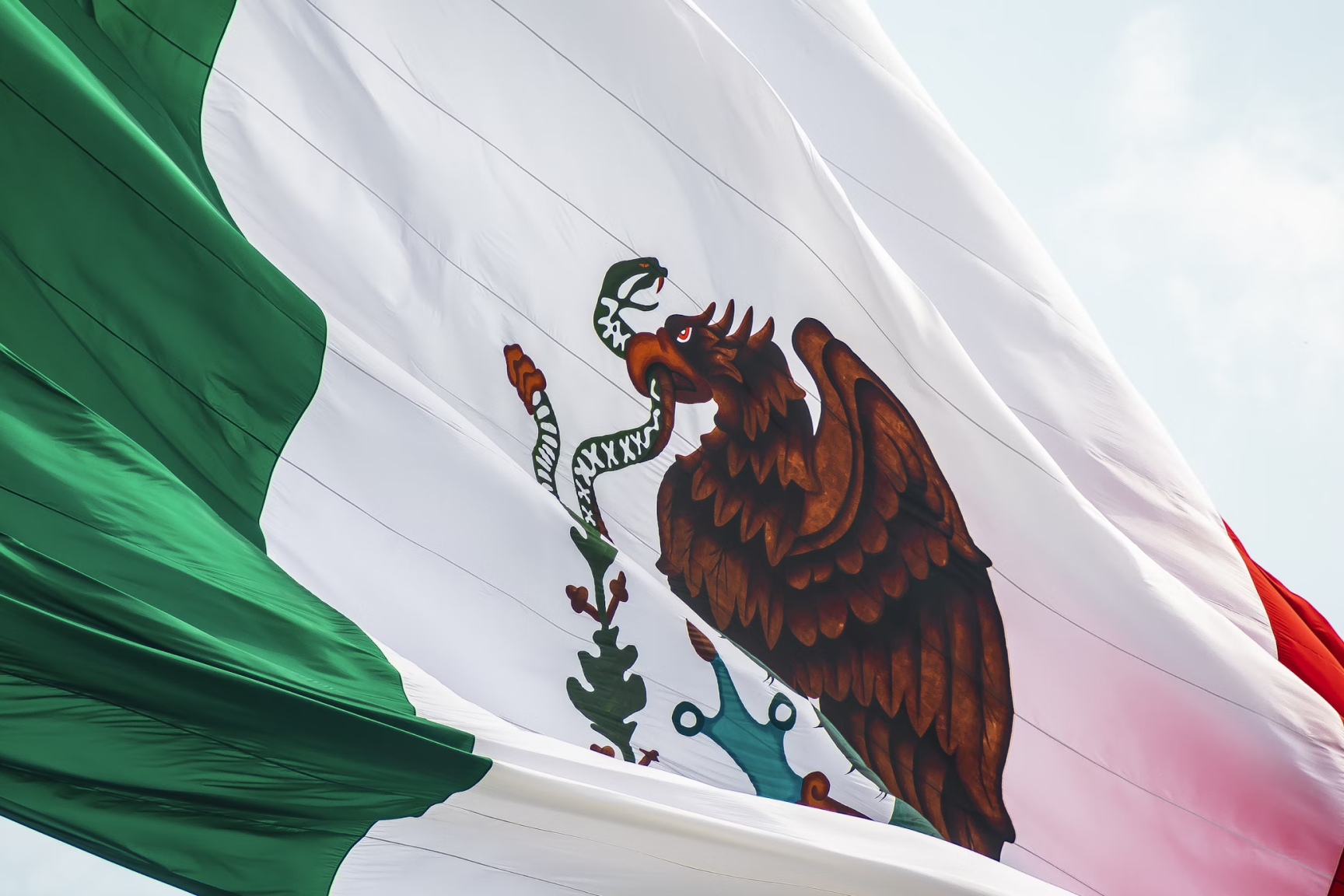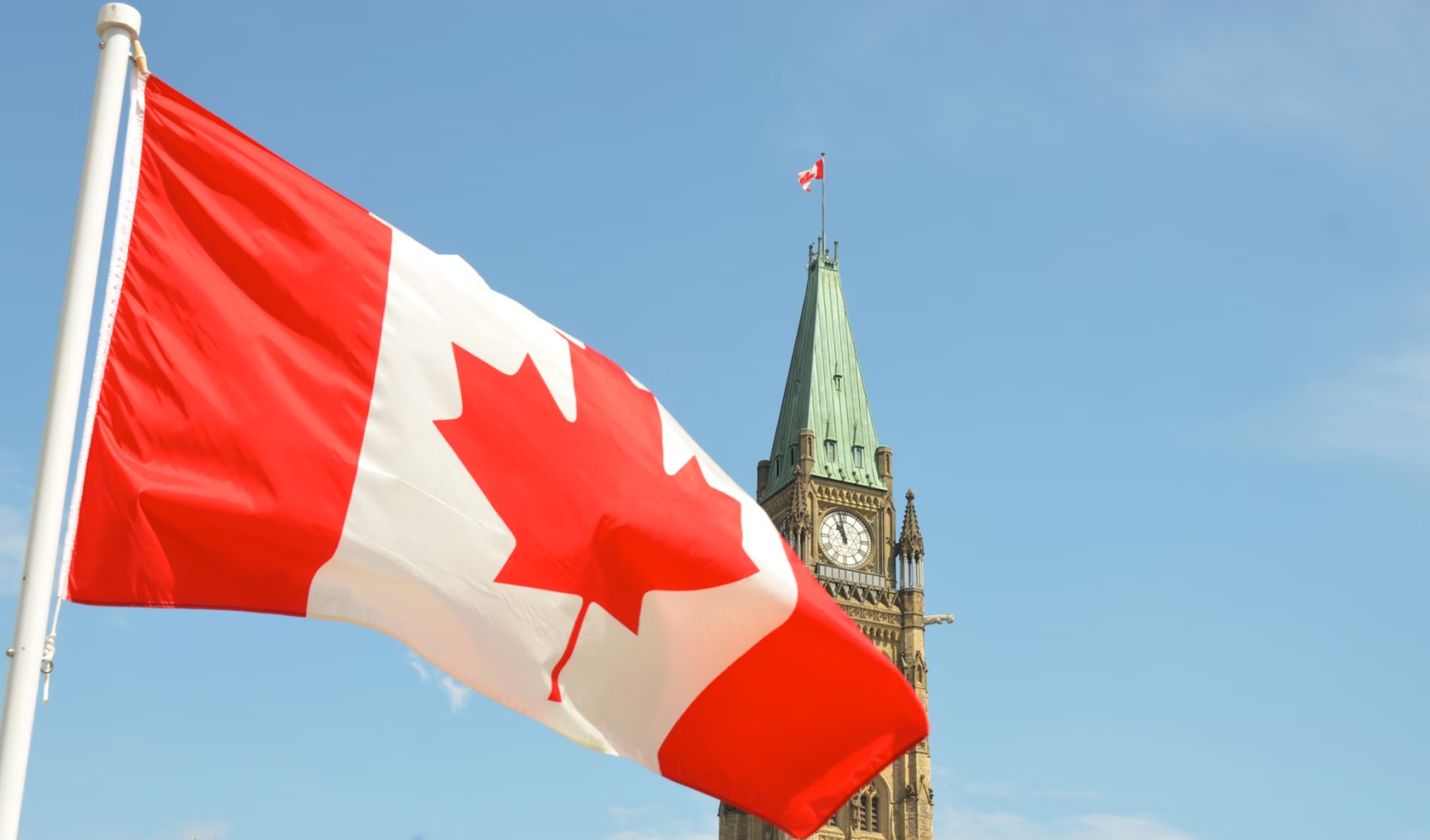Personal finance is an important aspect of life that can often be overwhelming, especially when it comes to managing your money and making sure that you are making the best financial decisions for yourself and your family. It’s more important than ever to pay attention and have a plan with the uncertainty of the future of the United States economy , our current environment of high inflation and rising interest rates, and political and social unrest here in the U.S. and all across the globe. Here are some tips to help you improve your personal finance skills, take control of your financial future, and a few bonus thoughts on how to handle high inflation:
- Create a budget and stick to it. A budget is a crucial tool for managing your money and making sure that you are spending and saving in a way that is aligned with your financial goals. Start by tracking your expenses and all income for a few months to get a clear picture of your spending habits. You can then create a realistic budget that properly allocates your money to different spending categories, such as housing, food, transportation, and entertainment. Make sure you include savings into the budget as well, and make a plan for how you will save for short-term and long-term goals.
- Save for emergencies. Unexpected expenses can arise at any time, and having an emergency fund can provide a financial cushion to help you weather those storms. Aim to save at least six to twelve months’ worth of living expenses in an easily accessible and liquid account, such as a money market fund or a high-yield savings account. This will give you the peace of mind of knowing that you have the funds available to cover unexpected expenses without having to turn to high-interest credit cards or loans.
- Reduce your debt. High levels of debt can weigh heavily on your finances and prevent you from achieving your goals. To reduce your debt, start by prioritizing your debts and focusing on paying off the ones with the highest interest rates first. Consider consolidating your debts into a single loan with a lower interest rate, or working with a financial advisor to come up with a plan for paying off your debts. In the meantime, avoid taking on new debt and be disciplined about making regular payments on your existing debts.
- Invest for the future. In addition to saving for emergencies and reducing your debt, it is also important to invest for the long-term. Investing can help you grow your money over time, but it’s important to do your research and invest in a diversified portfolio. This can help protect your money and reduce the risk of losing your investment. It’s also a good idea to seek the advice of a financial advisor or financial planner if you are unsure about how to invest your money.
- Protect your finances. The appropriate insurance policies can protect you and your family from financial loss in the event of unexpected events, such as accidents, illnesses, or natural disasters. By having insurance, you can safeguard your assets and your ability to earn an income, which are both important for maintaining your overall financial health. Insurance can also provide peace of mind, knowing that you and your loved ones are protected in case of a financial emergency. For example, if you’ve compared auto insurance coverage with reputable insurance companies and chosen the best for your needs, you’re provided some financial protection in the event of an accident or other covered event. It typically covers the cost of repairing or replacing your vehicle, towing, rental vehicles, as well as any medical expenses and other related damages that would otherwise add up very quickly. Auto insurance is required by law in most states, so it’s important to have coverage in place to manage the risks of being a driver.
Given that inflation has been on the minds of the entire globe lately, we wanted to touch on exactly what it is, why and how it impacts us, and a few tips on keeping up with the rate of inflation.
Inflation is a measure of the rate at which the price of goods and services in an economy is increasing. As inflation rises, the purchasing power of your money decreases, meaning that it takes more money to buy the same goods or services as before.Central banks attempt to limit inflation and avoid deflation in order to keep the economy running smoothly.
It is difficult to predict exactly when inflation will go back down as it depends on a variety of factors such as economic growth, employment rates, and supply and demand for goods and services. Inflation is often influenced by monetary policy decisions made by central banks, which can impact the money supply and demand in the economy.
In general, if the demand for goods and services increases faster than the supply, especially in high consumer regions like the United States and Canada, it can lead to higher prices and higher inflation. If the supply of goods and services increases faster than the demand, it can lead to lower prices and lower inflation.
Inflation can also be influenced by external factors such as natural disasters, geopolitical events, and changes in commodity prices, particularly in regions that are more vulnerable to these types of events. It is important to note that inflation is a normal part of a healthy economy and is generally expected to be moderate and stable over the long term.
Here are some tips specifically on how to try and hedge in this inflationary environment we’re all living in:
- Look to invest in assets that have traditionally increased in value during periods of high inflation, such as stocks, real estate, and commodities.
- Consider investing in inflation-protected securities, such as Treasury Inflation-Protected Securities (TIPS), which are backed by the United States government and offer a fixed interest rate plus protection against inflation.
- Diversify your investment portfolio to include a mix of stocks, bonds, and other assets. This can help reduce the overall risk of your investments and protect against the negative ramifications of inflation.
- Keep some of your savings in a high-yield savings account or money market fund. This can help your money maintain its purchasing power over time, as the interest earned on these accounts may keep pace with inflation.
- Consider working with a financial advisor who can help you develop a strategy for hedging against inflation and achieving your long-term financial goals.
It is important to keep in mind that no investment is completely immune to the effects of inflation, so it is important to regularly monitor and adjust your investments to ensure that they continue to meet your needs.
In personal finance, due diligence involves researching and analysing various financial products and options to make informed decisions about spending, saving, and investing. Conducting due diligence can help you make informed financial decisions and avoid costly mistakes. It is important to be proactive and do your research before making any financial decisions, especially those that involve significant amounts of money or long-term commitments.







